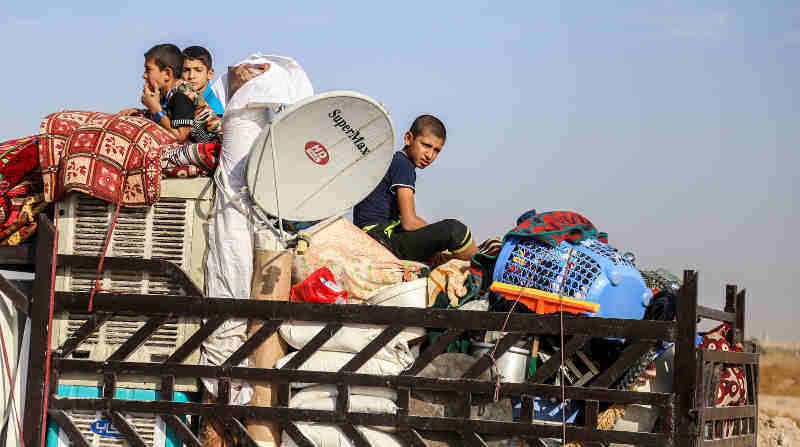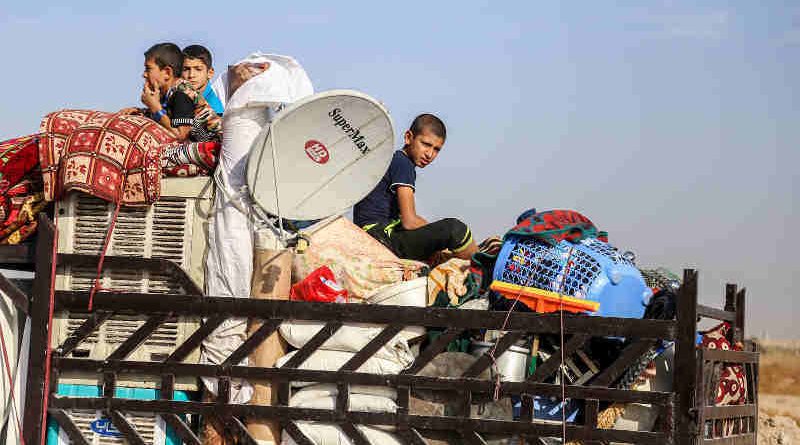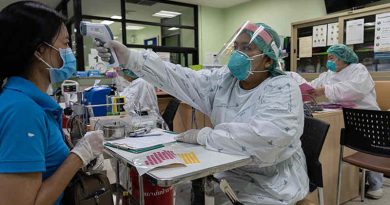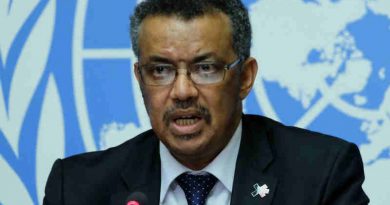WHO Provides Trauma Care to Conflict-Affected People in Mosul

As the conflict in Mosul intensifies and greater numbers of civilians are caught in the crossfire, WHO and partners have increased trauma care services to ensure that patients requiring medical care for injuries have a greater chance of survival.
However, according to WHO, additional funds are needed in order to provide a full scale of health services to the 2.7 million people affected.
Trauma casualty rates remain high near frontline areas, with many trauma cases requiring referral from Mosul to Erbil in northern Iraq.
From 17 October 2016 to 18 January 2017, 1610 wounded civilians were sent to Erbil’s 2 main hospitals to receive trauma care. Many hospitals in Mosul have suffered extensive damage and are no longer able to provide health services to the general population and to civilians injured.
Without these services, patients are experiencing serious complications, and in some cases death.
A patient’s chance of survival is greatly increased if they receive medical care within an hour of injury – known as the “golden hour”. To fill this gap, WHO and partners have established a 50-bed field hospital, with two operating rooms, in Bartella, eastern Mosul to treat severely injured patients with gunshot wounds, mine and shell injuries, and other injuries.
The hospital is staffed by health professionals with various specializations, including surgeons, paramedics and trauma care nurses. Three additional field hospitals with a capacity of 40–50 beds will be established soon to support access to trauma care to the west and south of Mosul.
Each hospital will be handed over to the Ministry of Health after six months to scale-up national capacity for trauma care services in the country.
“WHO remains committed to supporting the ongoing response provided by the Ministry of Health and other health partners. However, additional funds are needed to provide the full scale of health services to the 2.7 million people affected by the Mosul operation,” said Dr Ala Alwan, WHO Regional Director for the Eastern Mediterranean.
To fully support the health needs resulting from the Mosul operation, WHO requires a total of US$ 65 million of which US$ 14 million (21%) has been received.
Photo courtesy: UNICEF





